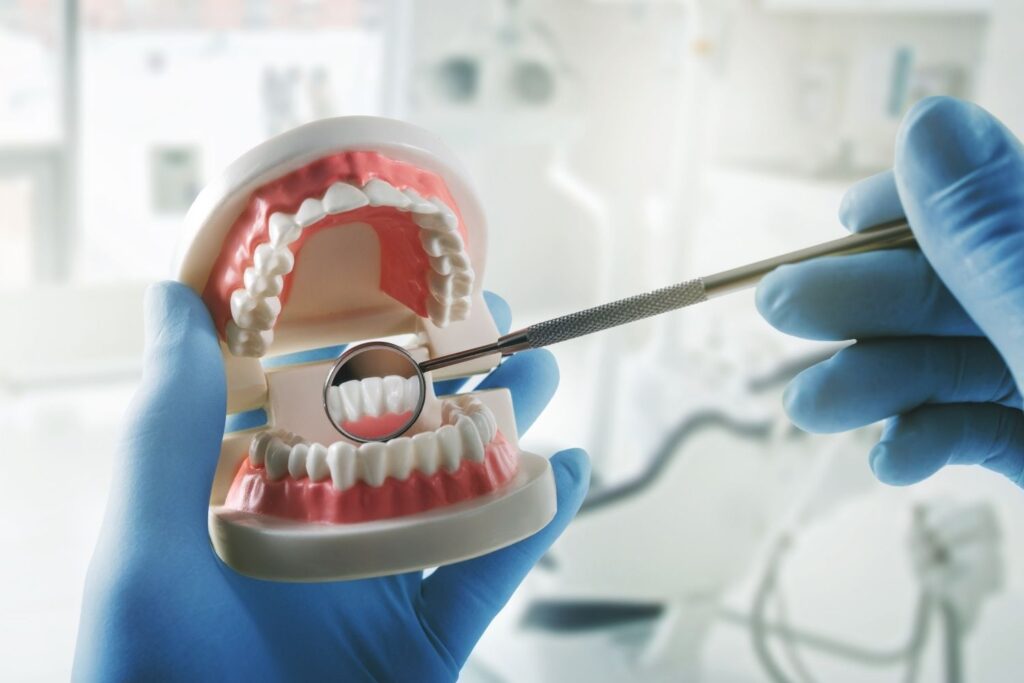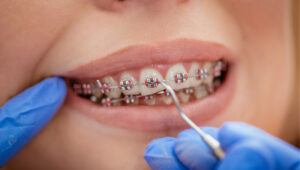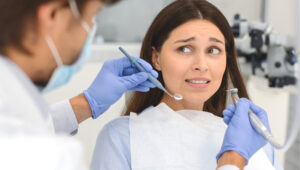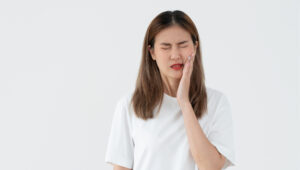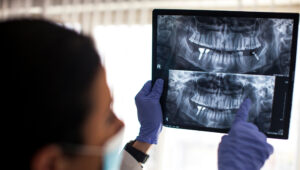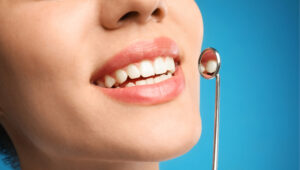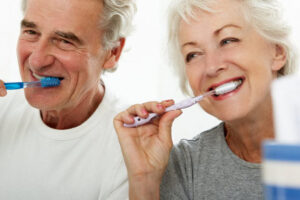Oral hygiene is the best way to keep our teeth and gums healthy and prevent cavities. It’s crucial not only for our teeth but also for our overall health to pay attention to oral hygiene.
How Should an Oral Cleaning Routine Look?
Proper Tooth Brushing Techniques:
Brushing your teeth regularly is essential for a healthy mouth and teeth. However, many people jeopardize their oral health by using incorrect brushing techniques. You can maintain your oral health by using the correct brushing methods.
Brush your teeth at least twice a day, in the morning and at night, for one and a half minutes on the upper teeth and gums, and one and a half minutes on the lower teeth and gums, totaling 3 minutes. When selecting a toothbrush, consult your dentist to choose the one most suitable for your gums, and replace it every three months.
Flossing:
Use dental floss to clean areas that the toothbrush cannot reach. It’s important to clean plaque and food particles between your teeth. Floss between your teeth at least once a day.
Tongue Cleaning:
After brushing your teeth, you should also clean your tongue. Tongue cleaning helps reduce the formation of bad breath.
Mouthwash:
After brushing and flossing, using mouthwash can reduce the number of bacteria in your mouth. You can use alcohol-free mouthwashes.
Wrong Oral Hygiene Habits
- Incorrect Brushing Technique:
Regular brushing is crucial, but if you brush incorrectly, you won’t get the desired result. Some people brush too quickly without thoroughly cleaning their teeth, while others apply too much pressure on their gums. This can irritate the gums and damage tooth enamel. Consult your dentist to learn the best brushing technique for your teeth. - Not Using Dental Floss:
Using dental floss during brushing to remove plaque and food debris between your teeth is very important. Unfortunately, many people skip or forget to use dental floss. Failing to use floss can lead to plaque buildup between the teeth, resulting in gum disease and tooth decay. It’s essential to get into the habit of using dental floss regularly. - Choosing the Wrong Toothbrush and Toothpaste:
Many people don’t choose the right toothbrush and toothpaste. Too-hard brushes can damage tooth enamel, so you should opt for a medium or soft brush. Likewise, using the wrong toothpaste can harm your teeth. You can choose a fluoride-containing toothpaste. Consult your dentist to find the most suitable toothbrush and toothpaste for you.
Nutrition and Oral Health
Eating healthily is also important for oral health. Avoiding acidic and sugary foods, as well as refraining from smoking and alcohol consumption, helps reduce tooth decay. Calcium is a main component of teeth, so consuming plenty of calcium is beneficial for your dental health. Drinking plenty of water and eating a balanced diet are crucial to maintain oral health.
Regular Dental Check-ups
It is essential to visit your dentist at least twice a year for check-ups and cleanings to maintain oral health. Your dentist can detect and treat potential problems early on. When we take care of our oral hygiene, your teeth will always look clean, and you won’t see any residue. Your gums will be pink, and your gums won’t bleed or hurt when brushing or using dental floss. Bad breath will not be a constant issue.

